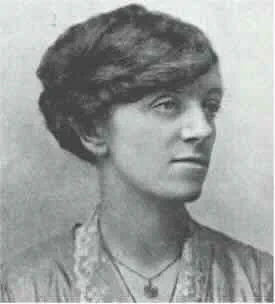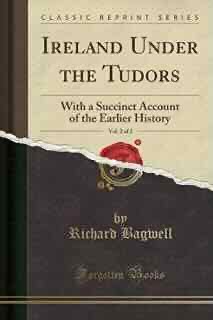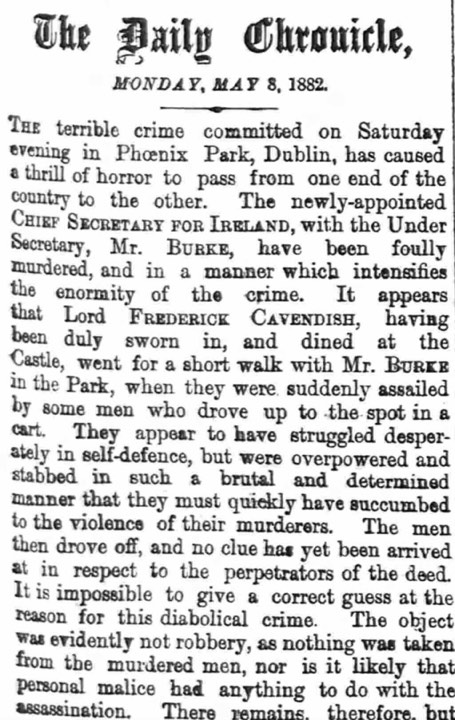- January 1, 1
Maria Winifred Carney (4 December 1887 – 21 November 1943), also known as Winnie Carney, was an Irish suffragist, trade unionist, and Irish independence activist.
She was born on December 04, 1887, into a lower-middle class Catholic family at Fisher’s Hill in Bangor, County Down.
In 1912 Carney was in charge of the women’s section of the Irish Textile Workers’ Union in Belfast, which she founded with Delia Larkin in 1912.
James Connelly
During this period she met James Connolly and became his personal secretary. Carney became Connolly’s friend and confidant as they worked together to improve the conditions for female labourers in Belfast.
Carney and Connolly worked together to try a better women’s rights and suffrage among the female factory labourers, alongside fellow union organisers such as Ellen Grimley.
Carney then joined Cumann na mBan, the women’s auxiliary of the Irish Volunteers, and attended its first meeting in 1914.
The Only Woman present at the start of the Easter Rising
She was present with Connolly in the Dublin General Post Office during the Easter Rising in 1916. Carney was the only woman present during the initial occupation of the building, which she entered armed with a typewriter and a Webley revolver.
While not a combatant, she was given the rank of adjutant and was among the final group (including Connolly and Patrick Pearse) to leave the GPO.
After Connolly was wounded, she refused to leave his side,[9] despite direct orders from Pearse and Connolly.
She had earlier taken the wounded Connolly’s final dictated orders. Carney, alongside Elizabeth O’Farrell and Julia Grenan, left the GPO with the rest of the rebels when the building became engulfed in flames.
They made their new headquarters in nearby Moore Street before Pearse surrendered.
Arrest
After her capture, she was held in Kilmainham Gaol and was then moved to Mountjoy Prison. Carney, alongside Helena Molony, Maria Perolz, Brigid Foley and Ellen O’Ryan and others were moved to an English prison.
69 women were released from prison one week after the execution of the Rising’s leaders.
By August 1916 Carney was imprisoned in Aylesbury prison with Nell Ryan and Helena Molony.
The three requested that their internee status, and the privileges it brought, be revoked so that they would be held as normal prisoners with Countess Markievicz.
Their request was denied.
Carney and Molony were released two days before Christmas 1916.
After the Anglo-Irish Treaty and the formation of the Irish Free State, Carney sided with the Anti-Treaty forces, and was arrested several times.
She was interned in Armagh Gaol on 25 July 1922, and released on 9 August 1922.
Later Life
In 1928 she married George McBride, a Protestant Orangeman and former member of the Ulster Volunteers.
Ironically, the formation of the Ulster Volunteers prompted the formation of the Irish Volunteers, of which Carney was a member.
Carney alienated anyone in her life that did not support her marriage to George McBride. McBride was however a fellow socialist.
She continued to be involved in the trade union movement, working for the Irish Transport and General Workers’ Union.
Death
A number of serious health problems limited her political activities in the late 1930s.
Carney died in Belfast, Northern Ireland on 21 November 1943, and is buried in Milltown Cemetery

 ← Richard Bagwell, Irish historian, dies
← Richard Bagwell, Irish historian, dies
 Special inquiry into the Phoenix Park murders, in which Parnell is falsely implicated →
Special inquiry into the Phoenix Park murders, in which Parnell is falsely implicated →